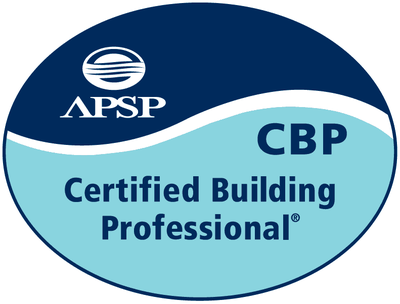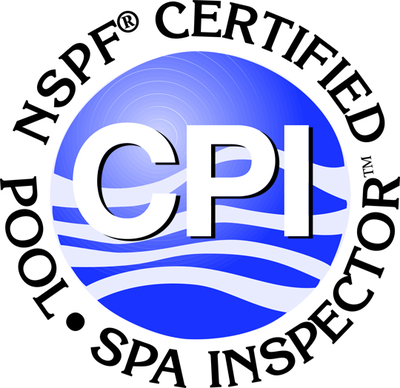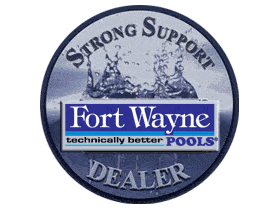Langelier Saturation Index (LSI) Calculator (Scale vs. Corrosion)
The Langelier Saturation Index (LSI) is a means of evaluating water quality data to determine if your pool or spa water has a tendency to form a chemical scale. In order to use this index, the following measurements are needed: pH, conductivity, total dissolved solids, alkalinity, and total hardness.
Your pool water should be tested two to three times a week to ensure an optimum swim environment and a long life for your pool. All water samples should be collected from the deep end of your pool at 18 inches (about elbow length) for the best sample. A usable sample should include 8 ounces of water trapped in a sample bottle or any clean, plastic container. When conducting your own two-to-three times weekly water analysis, remember that there are specific ranges for each test.
In swimming pool maintenance, the ideal range for the Langelier stability index is -0.5 to +0.5. When you have calculated results that are below -0.5, your pool or spa water is considered corrosive. When this happens, you need to take the required steps to adjust your pH, total alkalinity or calcium hardness. By taking action immediately, you can avoid the serious affects of corrosion. If your calculated results are higher than +0.5, this is an indication that your pool or spa water is scale forming. Therefore, you must take the necessary steps to adjust the balancing factors of your swimming pool chemistry.
Testing Ranges
| pH | 7.2 – 7.6 |
| Total Alkalinity | 120-150 parts per million |
| Calcium Hardness | 200-250 parts per million (Concrete Pools) |
| Calcium Hardness | 175-225 parts per million (Vinyl Pools) |
| Free Chlorine | 1-3 parts per million |
| Free Bromine | 3-5 parts per million |
| Metals: Copper | 0 parts per million |
| Metals: Iron | 0 parts per million |
The most important factor to your water balance is the pH. The pH sets the tone for your water and keeps it clear and inviting.
Total Alkalinity: Or TA, refers to the alkaline materials dissolved in the pool water. Your water’s ability to resist pH changes depends on the alkaline material. Low TA can cause the pH to “bounce” in and out of range. High TA makes it difficult to adjust the pH as needed.
Read more about Total Alkalinity
Calcium Hardness: Denotes the amount of dissolved minerals (mostly calcium carbonate) in your water. Low Calcium Hardness can corrode equipment or cause etching in the plaster finish. High levels can lead to cloudy water or scaling. Once a month – or whenever you have questions about water levels – you can bring a water sample to Spring's Pools & Spas. We will analyze the water and provide you with the necessary instruction to ensure proper water balance and chlorination levels in your pool.













